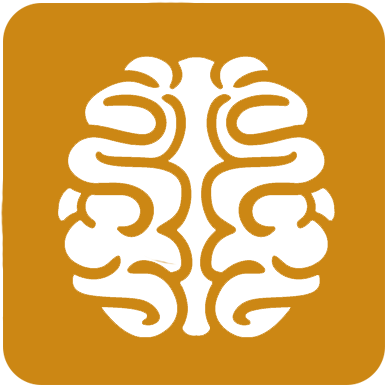MS is a chronic inflammatory disease of the central nervous system (ie brain and myelum). At different times, this inflammation disrupts the function of nerve tracts in the brain, myelum or optic nerve, causing neurological complaints and symptoms. The occurrence of new complaints or the worsening of existing complaints, is called a relapse.
Because the inflammation might occur everywhere in the central nervous system, the symptoms vary a lot:
The following complaints occur quite frequently:
- Impaired vision of 1 eye
- Double vision
- Sensory complaints (tingling – numbness)
- Paresis of arm/leg
- Impaired balance and/or coordination
- Memory difficulties
- Fatigue
- Impaired bladder function
The severeness of the disease, varies between patients, depending on location of inflammatory lesions, the frequency of relapses, the age of disease onset and the response to treatment.
Based on the evolution of complaints in time, 3 forms of MS are described. There is no specific test to determine the differences among these forms.
- The most common form is ‘relapsing remitting MS’ (RRMS), showing relapses followed by remission (ie complete or incomplete recovery).
- After several years, a certain number of patients with RRMS evolve to ‘secondary progressive MS’, showing progressive worsening, independently of relapses.
- ‘primary progressive MS’ is a rare form, showing progressive worsening, without relapses.
The cause of MS is not truly known at this moment but the development of the disease is probably based on an interaction between a genetic predisposition combined with certain environmental factors such as infection, low vitamin D, lack of sun exposure ….
The diagnosis of MS is based on the patient’s story, the neurological exam and the results of investigations:
- Analysis of blood samples and a lung X-ray to exclude other inflammatory diseases
- MRI scan of the brain and spine
- Evoked potentials ie a functional examination of certain nerve tracts (sensory tract, vision and auditory tract).
- A lumbar puncture
MS can not be cured, but many drugs are available to modify the disease.
To treat a relapse, cortisone is administered intravenously or sometimes orally during 3 to 5 days.
After diagnosis, a drug modifying therapy (DMT) is usually started to suppress:
- The occurrence of new relapses
- The occurrence of new inflammatory lesions on MRI
- The long term consequences of the disease (disability)
Among the treatments of RRMS we currently talk about:
